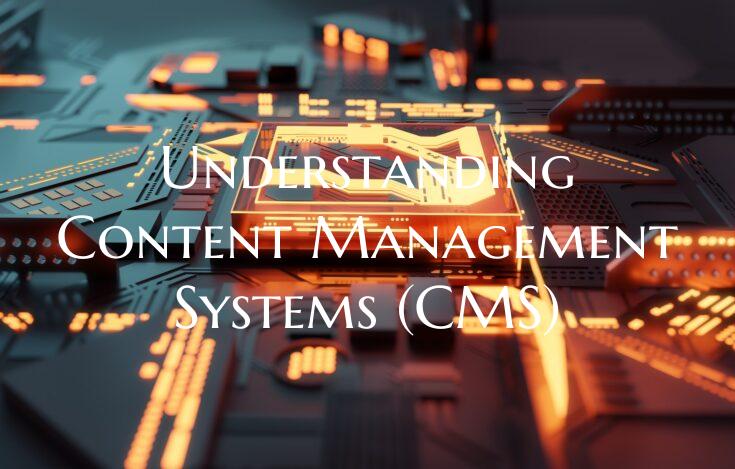Understanding Content Management Systems (CMS)
Content management systems (CMS) have revolutionized the way websites are created and maintained in today's digital world. A CMS is a software platform that allows users to easily create, manage, and modify digital content without the need for technical expertise.
Key Features of Content Management Systems:
1. User-Friendly Interface: CMS platforms come with an intuitive user interface that makes it easy for users to manage their website content without extensive technical knowledge.
2. Content Editing: With a CMS, users can create and edit content such as text, images, videos, and other multimedia elements in a simple and efficient manner.
3. Customization: CMS platforms offer a range of themes, templates, and plugins that allow users to customize the look and functionality of their websites according to their needs.
4. Multi-User Collaboration: CMS systems enable multiple users to work together on a website, with different levels of access and permissions based on their roles.
Popular CMS Platforms:
1. WordPress: WordPress is one of the most widely-used CMS platforms, known for its simplicity, flexibility, and extensive range of plugins and themes.
2. Joomla: Joomla is a feature-rich CMS that is ideal for creating complex websites with advanced functionalities such as e-commerce and social networking.
3. Drupal: Drupal is a powerful CMS that is favored by developers for building robust and highly customizable websites with advanced security features.
Benefits of Using a CMS:
1. Time-Efficiency: CMS platforms streamline the process of creating and updating website content, saving time and effort for users.
2. Cost-Effectiveness: Using a CMS eliminates the need for hiring web developers to make changes to a website, reducing maintenance costs.
3. SEO-Friendly: CMS platforms are designed to be search engine-friendly, enabling users to optimize their website content for better search engine rankings.
In conclusion, content management systems are essential tools for businesses and individuals looking to establish a strong online presence. By understanding the features, benefits, and popular platforms of CMS, users can effectively leverage these systems to create dynamic and engaging websites.

